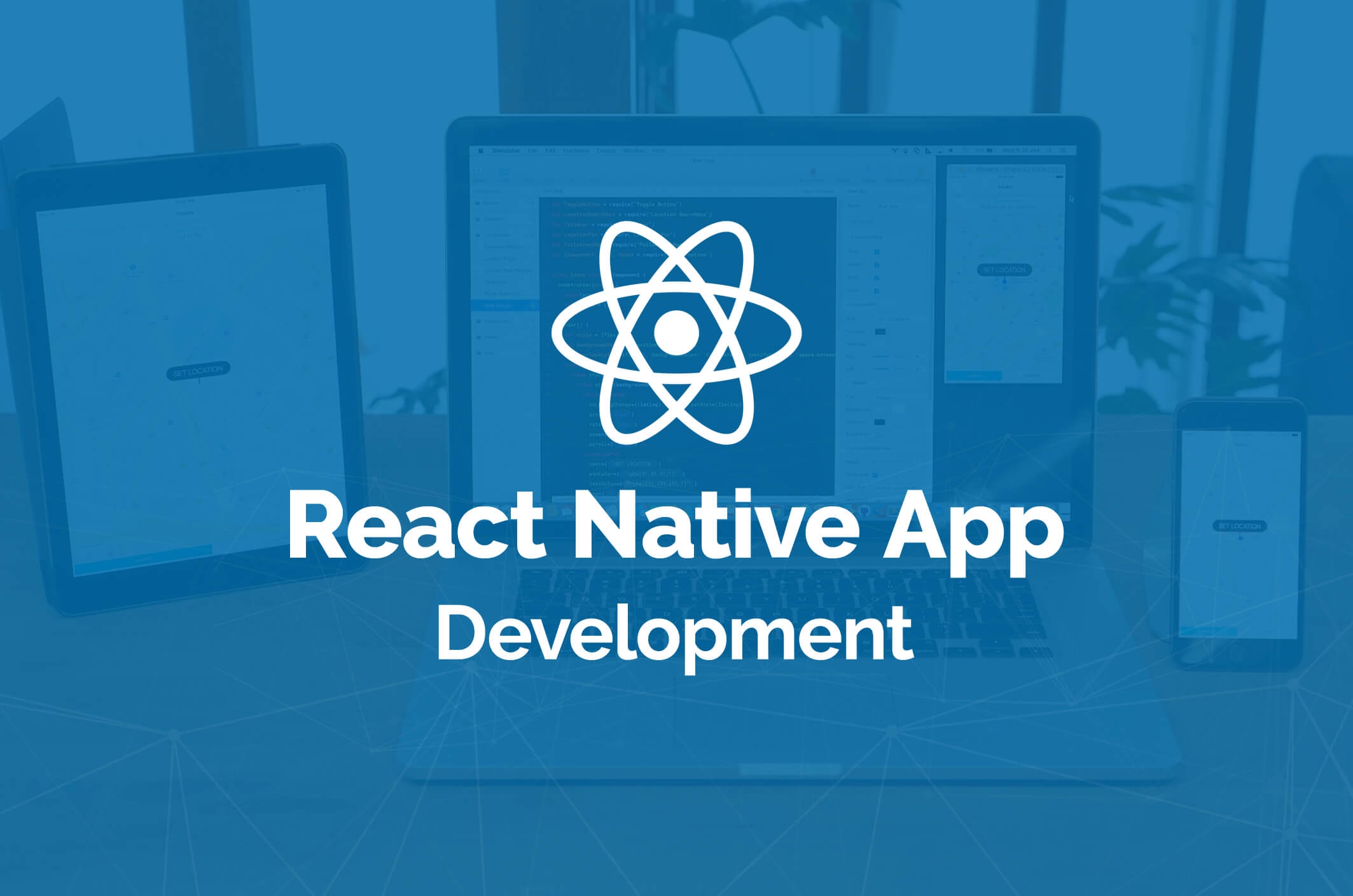
Introduction: The Scaling Dilemma for Modern Tech Businesses
Scaling digital products today is no longer just about adding features—it’s about delivering performance, consistency, and innovation across platforms. Startups demand fast MVP rollout and agility, while enterprises need system reliability and cost-effective scaling. In this scenario, React Native development services emerge as a transformative solution bridging both ends of the business spectrum.
With the ability to write once and deploy across both iOS and Android, React Native isn’t just a framework—it’s a strategic asset for product-led growth.
1. The Business Case for React Native: A Strategic Technology for Scaling
React Native is not just a developer favorite; it’s a business enabler. The following metrics demonstrate its adoption and impact:
Metric | Value |
|---|---|
Companies using React Native | 45% of global cross-platform apps (Statista, 2024) |
Development time reduction | ~30-40% (compared to native) |
Cost savings | Up to 50% in resource overhead |
Active developers | 1.6M+ globally (GitHub & Stack Overflow, 2024) |
Startups gain from faster iterations, lower capital burn, and quicker user feedback loops.
Enterprises benefit from easier team scaling, efficient CI/CD pipelines, and unified code maintenance.
2. Startups: Rapid Product Validation with Reduced Burn Rate
Startups often operate under:
Limited technical resources
High investor pressure
Market uncertainty
A/B testing needs
Here’s how React Native helps:
✅ Rapid MVP Development
Build core features for both platforms with a single team, enabling MVP launches in under 90 days. This shortens the feedback loop from users and investors.
✅ Reduced Hiring Overhead
No need to hire separate Android and iOS engineers. React Native lets 1–2 full-stack developers manage early-stage mobile products.
✅ Easy Integration with Backend-as-a-Service (BaaS)
Ecosystem support for Firebase, Supabase, AWS Amplify, and more accelerates backend integration—reducing both code and complexity.
✅ Live & Hot Reloading
Changes are instantly visible, making development faster and more intuitive.
✅ Access to Startup Tooling
Startups often rely on tools like:
Expo for faster builds
Sentry for real-time error monitoring
Stripe SDKs for payments
All are well-supported in React Native.
3. Enterprise-Grade Mobile Engineering at Scale
Enterprises often grapple with:
Maintaining feature parity across platforms
Integrating mobile apps with legacy systems or microservices
Ensuring security, compliance, and uptime
React Native supports enterprise needs with:
🔒 Native Code Integration
Using React Native Modules and Native Modules bridge, companies can integrate platform-specific code—ideal for biometric auth, AR/VR, camera functions, etc.
⚙️ CI/CD + DevOps Pipelines
React Native works seamlessly with:
Bitrise, Jenkins, GitHub Actions
OTA (over-the-air) updates via CodePush
This enables zero-downtime releases, A/B testing, and rollback.
🧩 Scalable Component Architecture
Leverage:
Atomic Design for component reuse
Redux/MobX for global state management
TypeScript for strict typing
This modularity enables enterprise-grade maintainability and scalability.
🌍 Multilingual & Multi-region Support
React Native apps support i18n libraries and accessibility APIs, critical for global product expansion.
4. Performance Benchmark: React Native vs Native
Feature | Native | React Native |
|---|---|---|
Code Reusability | ❌ | ✅ (~90% shared code) |
Performance | ✅ (Optimal) | ✅ (Near-native) |
Development Speed | ❌ (Slower) | ✅ (30–50% faster) |
Cost Efficiency | ❌ (High) | ✅ (Lower TCO) |
UI/UX Flexibility | ✅ | ✅ (with Native Modules) |
Community & Libraries | Moderate | Large (30k+ packages) |
Using libraries like Reanimated 2, Gesture Handler, and React Navigation 6, performance and animation fluidity reach near-native standards.
5. Use Case Studies: Real-World Success with React Native
🏥 HealthTech – Livi (UK)
Challenge: Build scalable telemedicine app with real-time video
Solution: React Native with WebRTC + native modules
Result: Reduced dev cost by 45%, scaled across 3 markets in < 6 months
🛍 eCommerce – Shopify
Challenge: Unified experience for merchants on mobile
Solution: React Native + Native iOS Modules
Result: Enhanced performance and team productivity by 60%
🎓 EdTech – Udemy Mobile
Challenge: Complex video streaming + personalized learning
Solution: React Native + TypeScript + GraphQL
Result: Feature parity with web, 30% faster release cycles
6. Technical Best Practices for Long-Term Success
To ensure scalability, follow these engineering practices:
✅ Architecture
MVVM or Clean Architecture for separation of concerns
Modular codebase with feature folders
✅ Testing
Use Jest for unit tests
Detox for end-to-end tests
✅ Performance Optimization
Use
useMemo,useCallbackfor heavy rendersOptimize FlatLists with virtualization
Lazy load heavy components
✅ OTA Updates
Use CodePush + AppCenter for live bug fixes without store resubmissions
7. When React Native May Not Be Ideal
While React Native is powerful, avoid it if:
You require high-performance 3D graphics (e.g., gaming, ARCore)
You need deep device integration (e.g., native background services)
You plan to build apps primarily on wearables or TVs
In these cases, native development or Flutter with native bridges may be more effective.
8. Choosing the Right React Native Development Partner
When evaluating service providers, consider:
Criteria | What to Check |
|---|---|
Portfolio | Cross-platform apps with >100k downloads |
Tech Stack | TypeScript, GraphQL, Redux, Firebase, Native iOS/Android |
DevOps Maturity | CI/CD integration, OTA update strategy |
Communication | Agile sprints, sprint demos, async updates |
Compliance Experience | HIPAA, SOC2, GDPR familiarity |
Ask for architecture diagrams, performance KPIs, and how they handle app scalability from 100 users to 1 million.
Conclusion: Scale Smart with React Native
In the race to scale digital products quickly, safely, and affordably, React Native development services offer the flexibility, speed, and engineering depth to meet modern business demands. Whether you're:
A startup building your MVP
A mid-size company improving your time-to-market
An enterprise rethinking mobile strategy at scale
React Native allows you to innovate faster, reduce risk, and scale with confidence.
